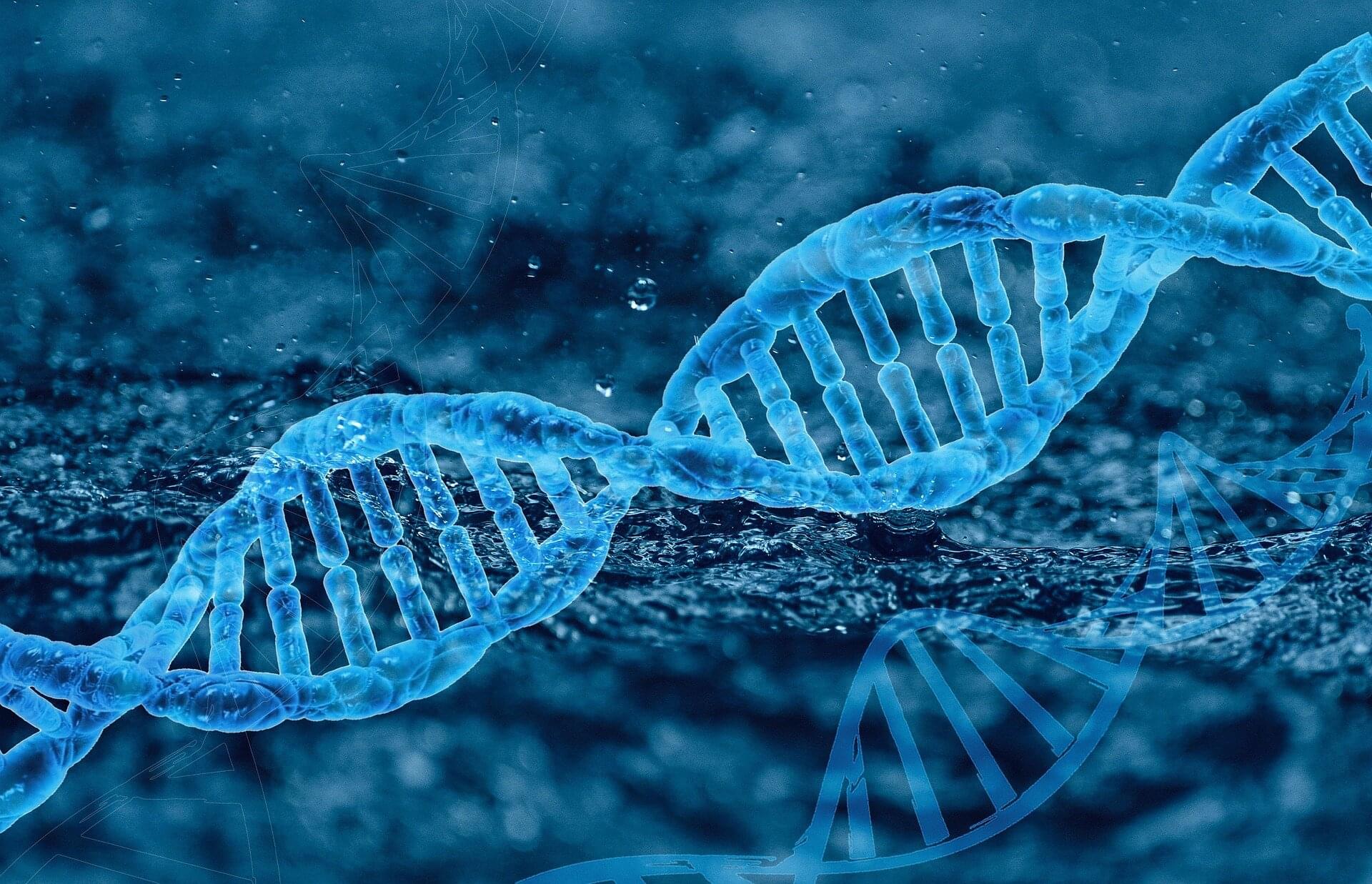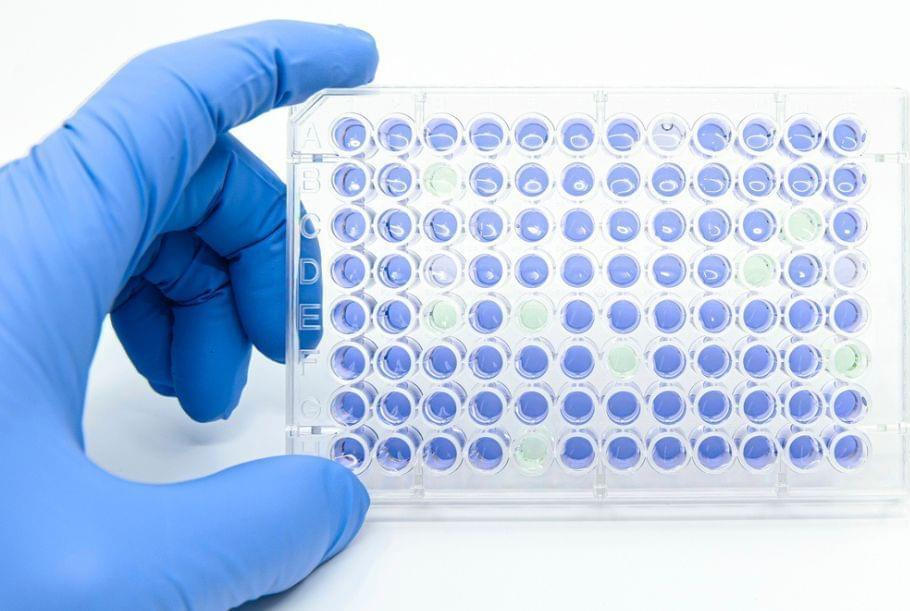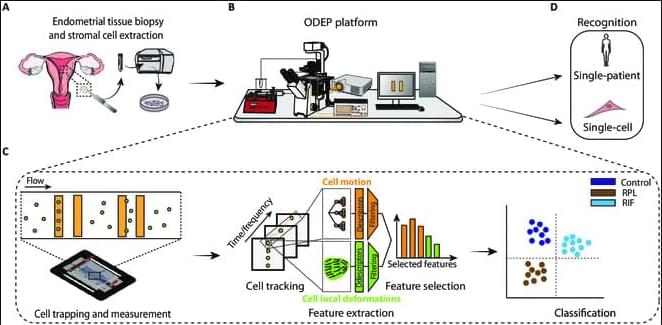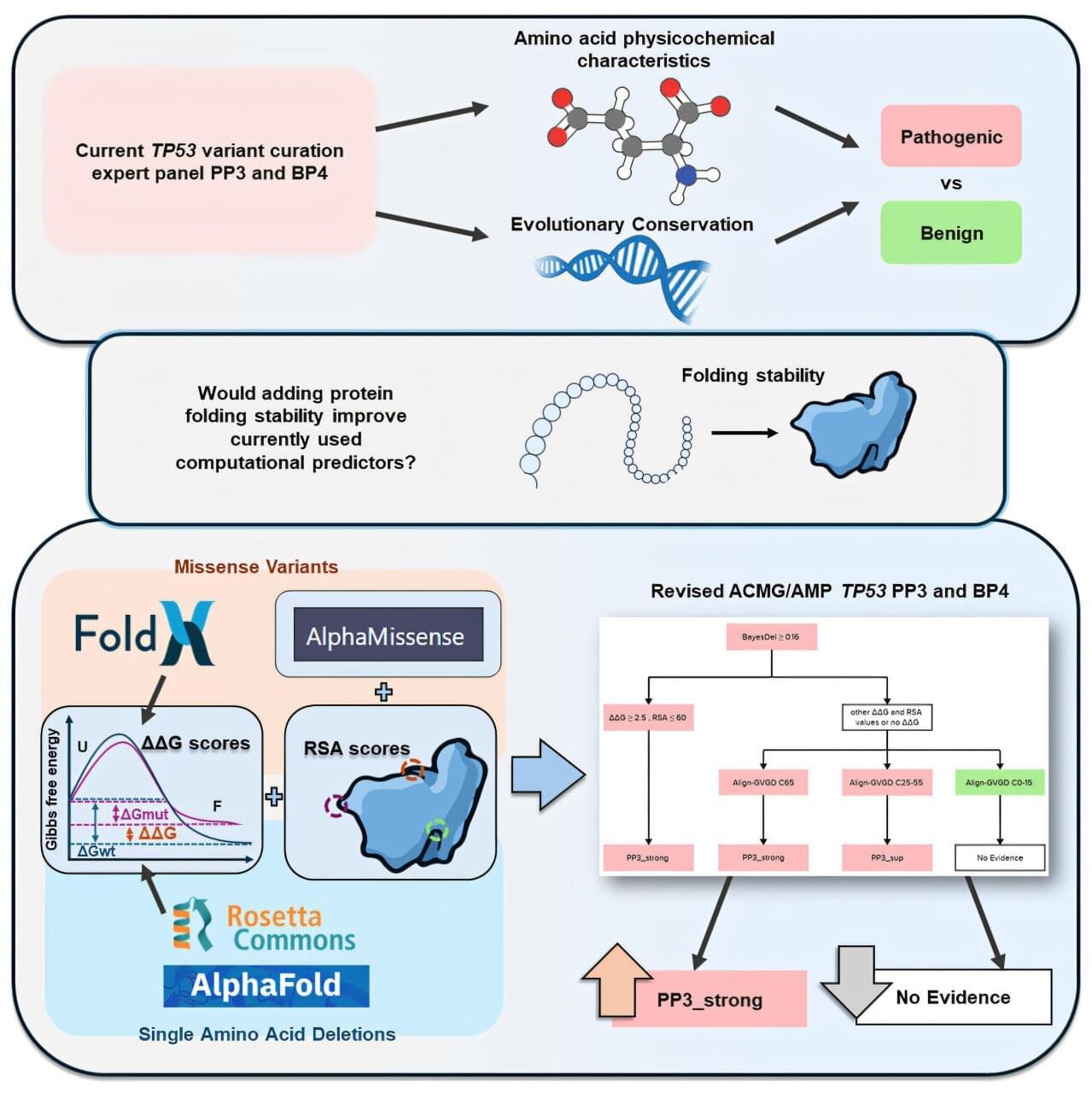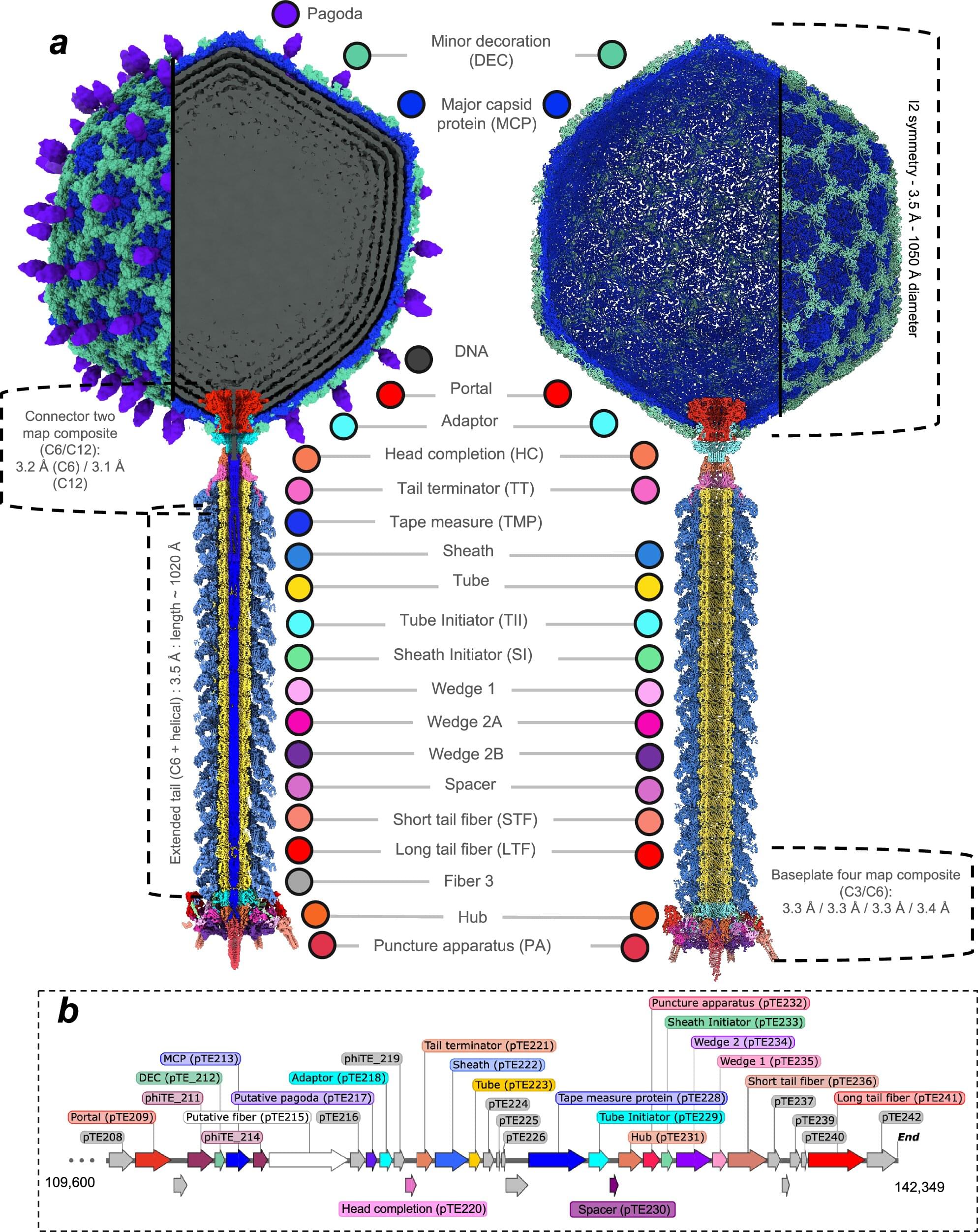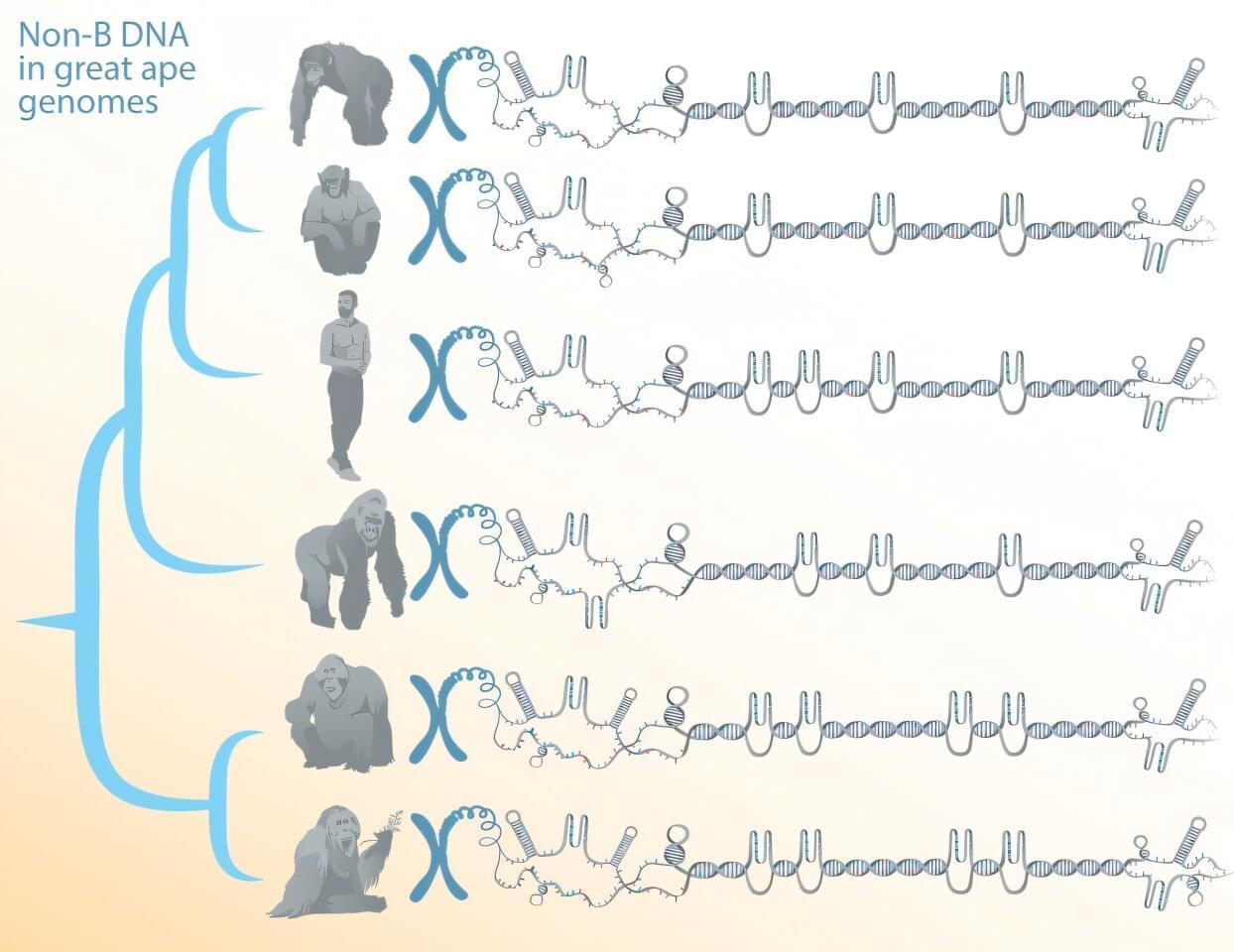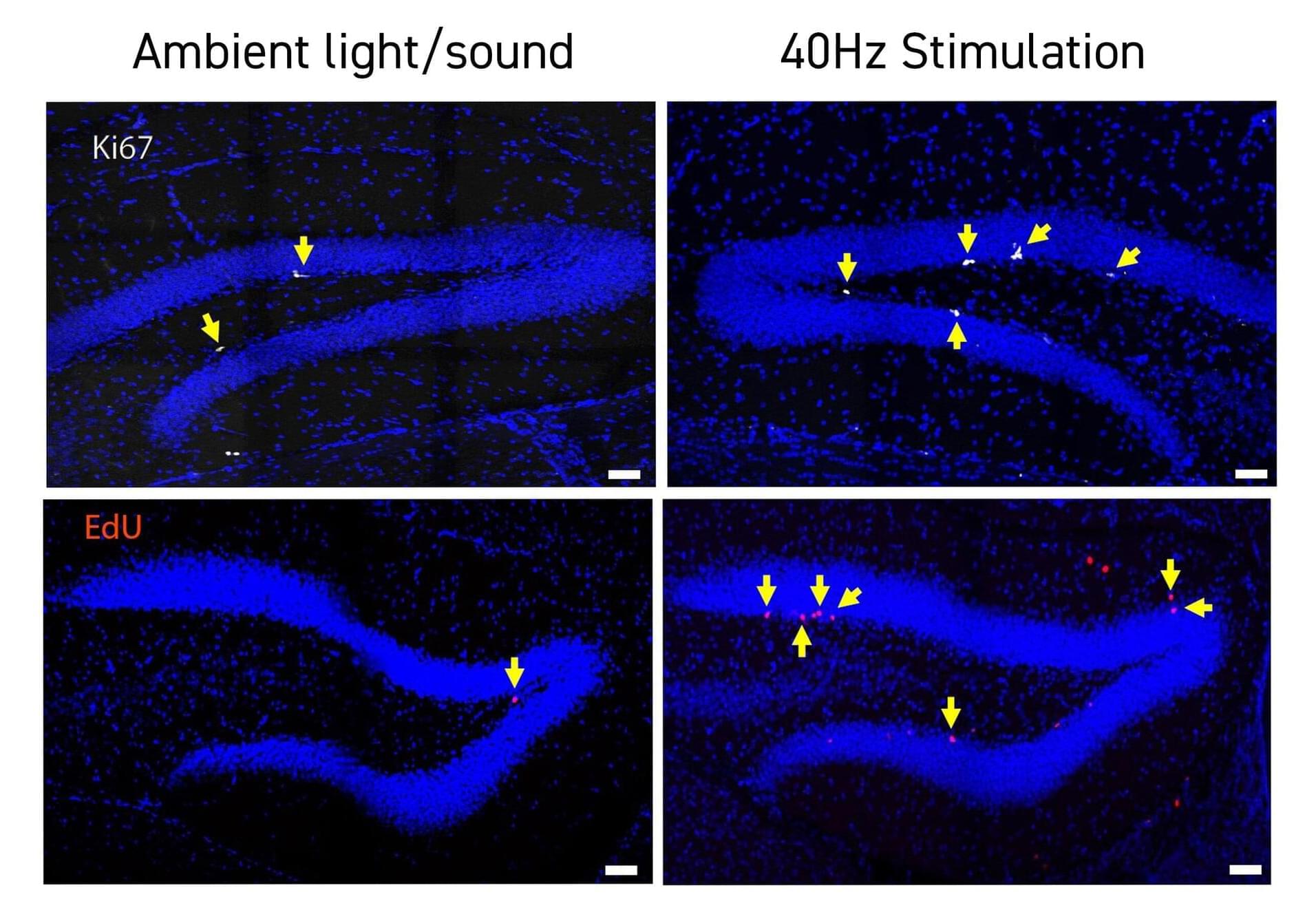Extract from “Evolution, Basal Cognition and Regenerative Medicine”, kindly contributed by Michael Levin in SEMF’s 2023 Interdisciplinary Summer School (https://semf.org.es/school2023/). Full talk: • Michael Levin | Evolution, Basal Cogn… TALK ABSTRACT Each of us has made the remarkable journey from a single cell (a quiescent oocyte) to a complex embodied mind. How do cells, which were once independent organisms, work together to pursue the anatomical and physiological goals that enable form and function to reliably self-assemble? In this talk, I will tell the story of the collective intelligence of cellular swarms that embodies William James’ definition of intelligence: same ends by different means. I will describe the amazing competencies of the morphogenetic process that builds bodies and minds, and our discoveries on bioelectricity — the cognitive glue that implements embryogenesis, regeneration, and cancer suppression. I will end with a perspective on how biophysical, informational, and behavioral sciences are coming together to redefine the boundaries of the possible in biomedicine and beyond. MICHAEL LEVIN Department of Biology, Tufts University: https://as.tufts.edu/biology Tufts University profile: https://ase.tufts.edu/biology/labs/le… Institute profile: https://wyss.harvard.edu/team/associa… Wikipedia: https://en.wikipedia.org/wiki/Michael… ) Google Scholar: https://scholar.google.com/citations?… Twitter:
/ drmichaellevin LinkedIn:
/ michael-levin-b0983a6 SEMF NETWORKS Website: https://semf.org.es Twitter:
/ semf_nexus LinkedIn:
/ semf-nexus Instagram:
/ semf.nexus Facebook:
/ semf.nexus

